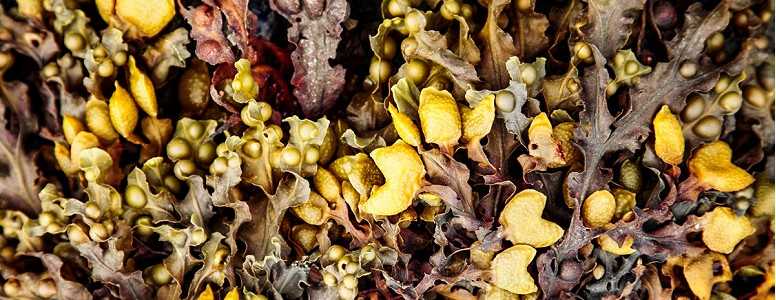Properties of seaweed helped protect insulin-producing cells transplanted in animals with type 1 diabetes, according to an international study.
Alginate, refined from brown seaweed, was transplanted into monkeys and successfully insulated the beta cells for 16 weeks without the need for anti-rejection drugs.
Islet cell transplantation involves administering insulin cells into the body and in some cases people can go for months or years without needing additional insulin. But a key consideration with transplantation is that people often require immunosuppressant drugs to protect the newly transplanted cells from the immune system, however, this therapy can increase the risk of infections.
A multinational research team, partly funded by JDRF, created alginate micro particles from various types of seaweed and monitored their response after islet cell transplantation.
The best materials were used to wrap beta cells, forming a protective barrier, which enabled the animals to go four months without the need for immunosuppression drugs.
Summarising the findings of the research on its website, JDRF said: “In the future, this technique could be used in combination with lab-grown beta cells to deliver personalised treatments for people living with type 1 diabetes.
“This could become a ‘functional cure’ for those living with the condition, as daily management of type 1 diabetes would no longer be necessary to keep glucose levels in range.”
The researchers used the key findings to see if varying types of alginate also had the potential to form a protective barrier from rejection following transplantation.
Going forward, they highlighted the possibility of using alginate material to shield foreign beta cells from donors used in transplants for people with type 1 diabetes who are unable to pick up symptoms of hypoglycemia.
The study results have been published online in the journal Nature.
What's new on the forum? ⭐️
Get our free newsletters
Stay up to date with the latest news, research and breakthroughs.




